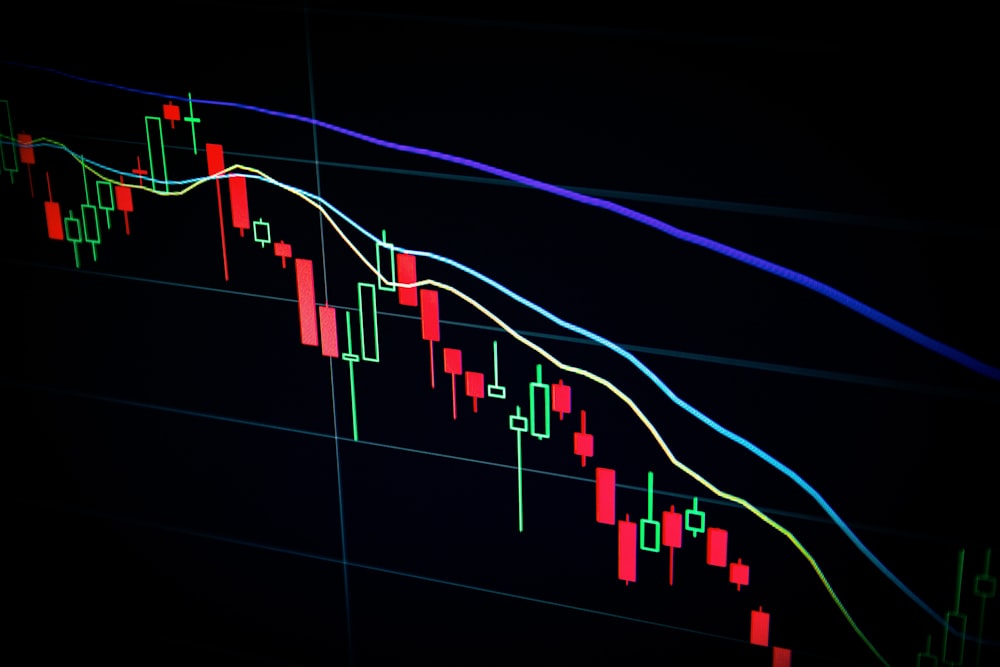📚 Table of Contents
Why Consider Alternative Investments?
Traditional investments like stocks and bonds have long been the cornerstone of wealth-building strategies. But as markets evolve and economic conditions shift, savvy investors are increasingly turning to alternative investments to diversify their portfolios and hedge against volatility. What are the best alternative investments to consider in 2025? From private equity to cryptocurrencies, this guide explores eight high-potential options that could redefine your financial strategy.
Private Equity
Private equity involves investing in privately held companies or taking public companies private. Unlike publicly traded stocks, these investments are illiquid but offer substantial returns for patient investors. In 2025, sectors like biotechnology, renewable energy, and AI-driven startups are expected to dominate private equity deals. For example, firms like Blackstone and KKR continue to raise billions for buyouts and growth capital. Investors can access private equity through specialized funds or direct investments, though high minimums and long lock-up periods are common.
Venture Capital
Venture capital (VC) focuses on early-stage companies with high growth potential. While risky, successful VC investments—such as those in Uber or Airbnb—can yield exponential returns. In 2025, emerging trends like quantum computing, space tech, and Web3 startups are attracting VC interest. Platforms like AngelList and SeedInvest allow accredited investors to participate in syndicates, reducing entry barriers. However, due diligence is critical, as most startups fail. Diversifying across multiple ventures can mitigate risk.
Real Estate Crowdfunding
Real estate crowdfunding platforms like Fundrise and RealtyMogul enable investors to pool resources for property investments without the hassles of direct ownership. In 2025, trends such as co-living spaces and green buildings are gaining traction. Investors can choose between debt (loans to developers) or equity (ownership stakes) models, with returns typically ranging from 8% to 15%. This option provides passive income and portfolio diversification, though liquidity remains limited compared to REITs.
Cryptocurrencies and Blockchain
Cryptocurrencies like Bitcoin and Ethereum remain volatile but offer high-reward potential. Beyond trading, blockchain technology enables decentralized finance (DeFi) and non-fungible tokens (NFTs), creating new investment avenues. In 2025, regulatory clarity and institutional adoption could stabilize the market. Investors should consider staking, yield farming, or blockchain ETFs for diversified exposure. However, cybersecurity risks and market fluctuations necessitate caution.
Commodities
Commodities like gold, silver, oil, and agricultural products serve as inflation hedges. In 2025, renewable energy metals (lithium, cobalt) may outperform traditional commodities due to green energy demand. Investors can gain exposure through futures contracts, ETFs, or physical ownership. For example, gold-backed ETFs like SPDR Gold Shares (GLD) offer liquidity, while farmland investments provide long-term appreciation. Commodities are cyclical, so timing and diversification are key.
Collectibles
From rare wines to vintage cars, collectibles combine passion with profit. The market for NFTs and digital art has also surged, with platforms like OpenSea facilitating trades. In 2025, authenticated memorabilia and limited-edition luxury items (e.g., Rolex watches) are expected to appreciate. However, authenticity, storage costs, and illiquidity are challenges. Auction houses like Sotheby’s offer curated investment-grade collectibles for high-net-worth individuals.
Peer-to-Peer Lending
Peer-to-peer (P2P) lending platforms like LendingClub and Prosper connect borrowers with investors, offering fixed-income alternatives to bonds. In 2025, AI-driven credit scoring could reduce default risks. Investors can earn 5%–10% annually by diversifying across multiple loans. However, economic downturns may increase defaults, so risk assessment is crucial. Some platforms now offer secondary markets for liquidity.
Hedge Funds
Hedge funds employ advanced strategies (short selling, leverage) to generate alpha. In 2025, quant-driven and ESG-focused funds are gaining popularity. While historically exclusive to accredited investors, platforms like iCapital now offer lower minimums. Performance fees (typically 2% management + 20% profits) and opacity are drawbacks, but hedge funds can provide uncorrelated returns in volatile markets.
Conclusion
Alternative investments in 2025 present exciting opportunities beyond traditional markets. Whether through private equity, cryptocurrencies, or collectibles, diversification and due diligence are paramount. By understanding risks and aligning investments with long-term goals, investors can capitalize on these emerging trends.


Leave a Reply